
UK Graduate Student Spotlight: Jessica Scare
Scare is attempting to culture Parascaris worms, which are difficult to keep alive outside of the horse.

Scare is attempting to culture Parascaris worms, which are difficult to keep alive outside of the horse.

The net farm income is expected to dip to less than $1.5 billion in 2016, down from $1.7 billion in 2015.
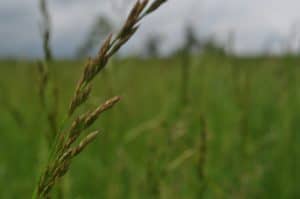
The workshop will take place March 9, 2017, at UK’s Veterinary Diagnostic Laboratory and Spindletop Research Farm.
Carleigh Fedorka presented on biologic therapeutics as a treatment for endometritis in broodmares.

Miller is studying the immune system of geriatric horses, particularly those with PPID, or equine Cushing’s disease.

Scientists believe a batch of hay containing dallisgrass caused neurologic problems in horses residing in Bell County.
The Reproductive Diseases in Horses Symposium will take place Nov. 19 in Lexington, Kentucky.

Red clover provides excellent forage quality when grazed or harvested before the flower blooms.
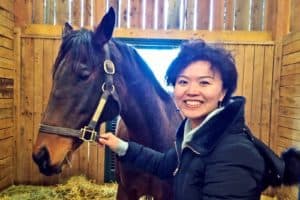
Cui’s research focused on understanding more about the pricing of Thoroughbreds at public sales.
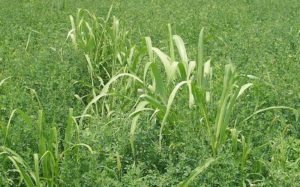
Johnsongrass is a drought-tolerant weed that can cause nerve and fetal damage in horses.
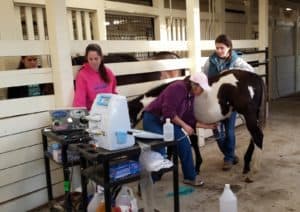
Dr. Martin Nielsen will have three parasitology papers published in the Equine Veterinary Journal (EVJ).

Researchers recently learned that 14% of individuals in emergency rooms were admitted for a horse-related injury.
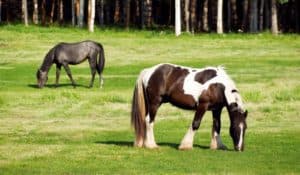
The event is designed to teach owners how nutrition can affect their horses’ health and longevity.
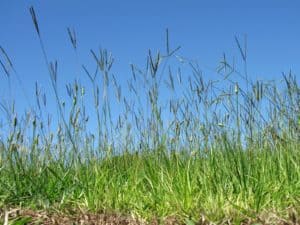
Bahiagrass is a hardy grass species tolerant of drought and poorly drained soils of any type.
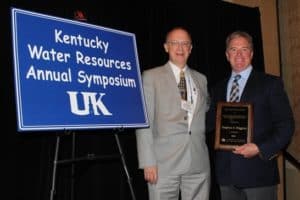
Stephen Higgins, PhD, is the Director of Animal and Environmental Compliance for UK’s Agricultural Experiment Station.
The Hall of Fame honors individuals who have expanded the body of knowledge in some field of equine science.
Stay on top of the most recent Horse Health news with